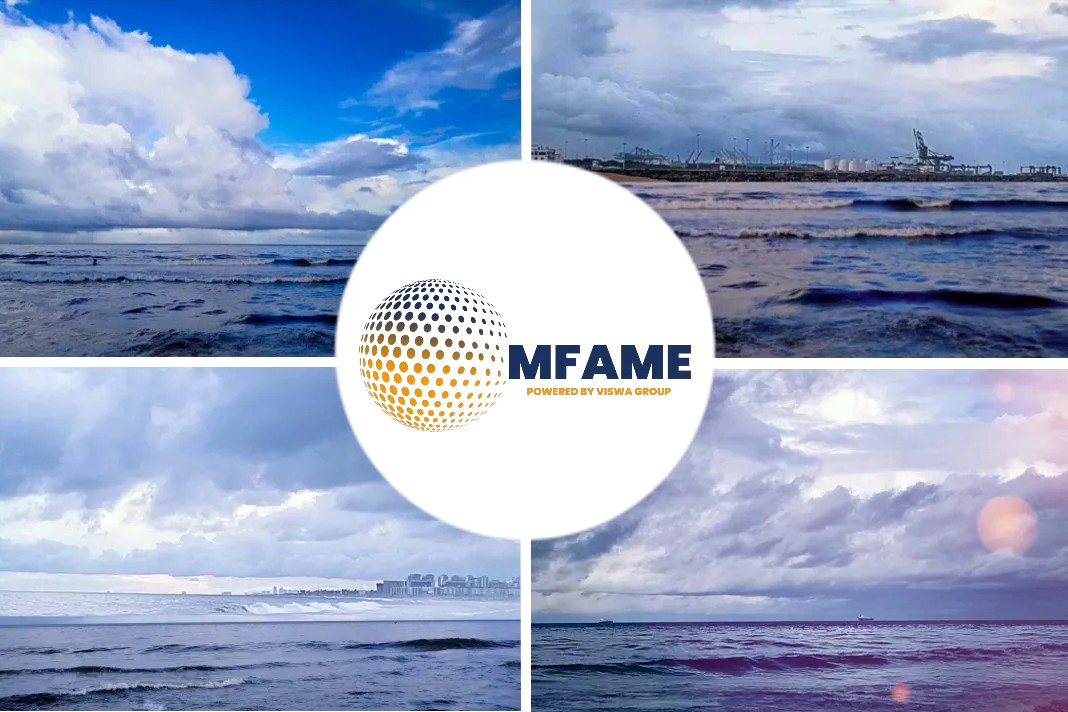
Discover the dark side of the shipping industry and stay informed about the prevalence and harmful impact of maritime fraud, reads an article from Ship Nerd.
The dark side of the shipping industry
Are you curious to know about the dark side of the shipping industry? As a seafarer, you might have faced issues like food shortages, salary problems, engine breakdowns, or even been abandoned by your employer. However, one of the most prevalent problems on board is maritime fraud. Corrupt masters, chief engineers, and chief officers, in collusion with other shore-based entities, can make life miserable for their crew. This often leads to obtaining goods or services from other parties unjustly or illegally, which is known as maritime fraud.
Role of the International Maritime Bureau (IMB)
Maritime fraud can occur anywhere on board the vessel, in shipping company offices, or in trading companies transporting goods by sea. Therefore, the International Maritime Bureau (IMB) was initiated in 1981 as a specialized division of the International Chamber of Commerce (ICC) to detect, inform, and combat such frauds. The IMB is a non-profit organization, and the International Maritime Organisation (IMO) has urged governments, organizations, and interested parties to cooperate and exchange information to combat maritime fraud worldwide.
Types of Maritime Fraud
Note that, some of the easily detectable maritime frauds on board include:
- Master or chief steward manipulating stores and victualling invoices and sharing the loot with the supplier;
- Senior deck officers or ship’s crew selling ship stores or cargo;
- Senior ship engineers sell bunkers, and substandard machinery spares, and manipulate the shortage through cargo residues on oil tankers;
- Senior deck officers manipulating B/L figures;
- Ship superintendents acting alone or in liaison with senior deck officers inflating invoices with stores/spares and/or repair work not carried out in repair yards;
- Cargo surveyors in liaison with senior deck officers, manipulate daily outturn figures to boost their ratings (most common on bulk carriers);
Ship manning agents also play a crucial role in committing maritime fraud. They may manipulate the salaries of the ship’s crew or supply uncertified crew on board for a lower salary using fake certificates and CDCs.
- Agents, stevedores, and suppliers inflate invoices in liaison with senior officers on board;
- Senior officers on board alter Oil record book figures to hide deficiencies in ship machinery and pump residues overboard through portable hoses;
- Deck officers manipulate cargo figures on oil tankers and pumping residues (diesel) to bunker tanks in liaison with shipowner, and managers;
- Ship’s crew and/or Master illegally carrying stowaways intentionally or contraband on board;
- Insurance frauds committed by ship owners/Managers by manipulating ship records in liaison with ship officers and Master, which may include death on board (Homicides shown as suicides);
Detecting & Preventing Maritime Fraud
It is essential to remain vigilant and identify other frauds not reported in this article and bring them to the notice of the port authorities. Seafarers have many choices today to collect evidence against fraud committed on board. These include intrinsically safe cameras for hazardous environments and various spy gadgets for indoor use. Moreover, the crew should never get blackmailed or coerced by seniors for environment-related issues. Report quality issues and shortages to the master, and two or more crew members should counter-sign all the invoices.
Importance of Whistleblowers
Whistleblowers play a crucial role in exposing maritime fraud. They provide the authorities with essential information and evidence that can help bring the culprits to justice. It is important to encourage and protect whistleblowers to ensure that they can come forward without fear of retaliation.
Whistleblowers are handsomely rewarded these days, as happened in the case of a 3rd engineer who provided substantial evidence to the US Coast Guard years ago, causing environmental pollution. While the chief engineer received a long prison sentence, the junior engineer was awarded a million dollars and US citizenship.
Role of Technology
Technology is significantly important in detecting and preventing maritime fraud. Electronic monitoring systems, such as AIS (Automatic Identification System), can help track vessel movements and identify suspicious activities. Smart contracts and blockchain technology can help ensure transparency in maritime transactions, reducing the scope for fraud.
Need for better regulations
Despite the efforts of organizations like the International Maritime Bureau (IMB), maritime fraud remains a significant problem. There is a need for better regulations and stricter enforcement to deter fraudulent activities. Governments and industry organizations must work together to develop effective strategies to combat maritime fraud.
Impact on the maritime industry
Overall, maritime fraud not only harms the seafarers who are directly affected but also has a broader impact on the maritime industry. They erode trust and confidence in the industry and can damage the reputation of legitimate players. It should be in the interest of all stakeholders to work together to eliminate fraud in the maritime sector.
Importance of training and awareness
Finally, seafarers must be trained to identify and report fraudulent activities. They must be aware of their rights and responsibilities and understand the consequences of participating in illegal activities. Companies must provide regular training and support to their employees to ensure that they remain vigilant and report any suspicious activities.
Did you subscribe to our Newsletter?
It’s Free! Click here to Subscribe!
Source: Ship Nerd


















